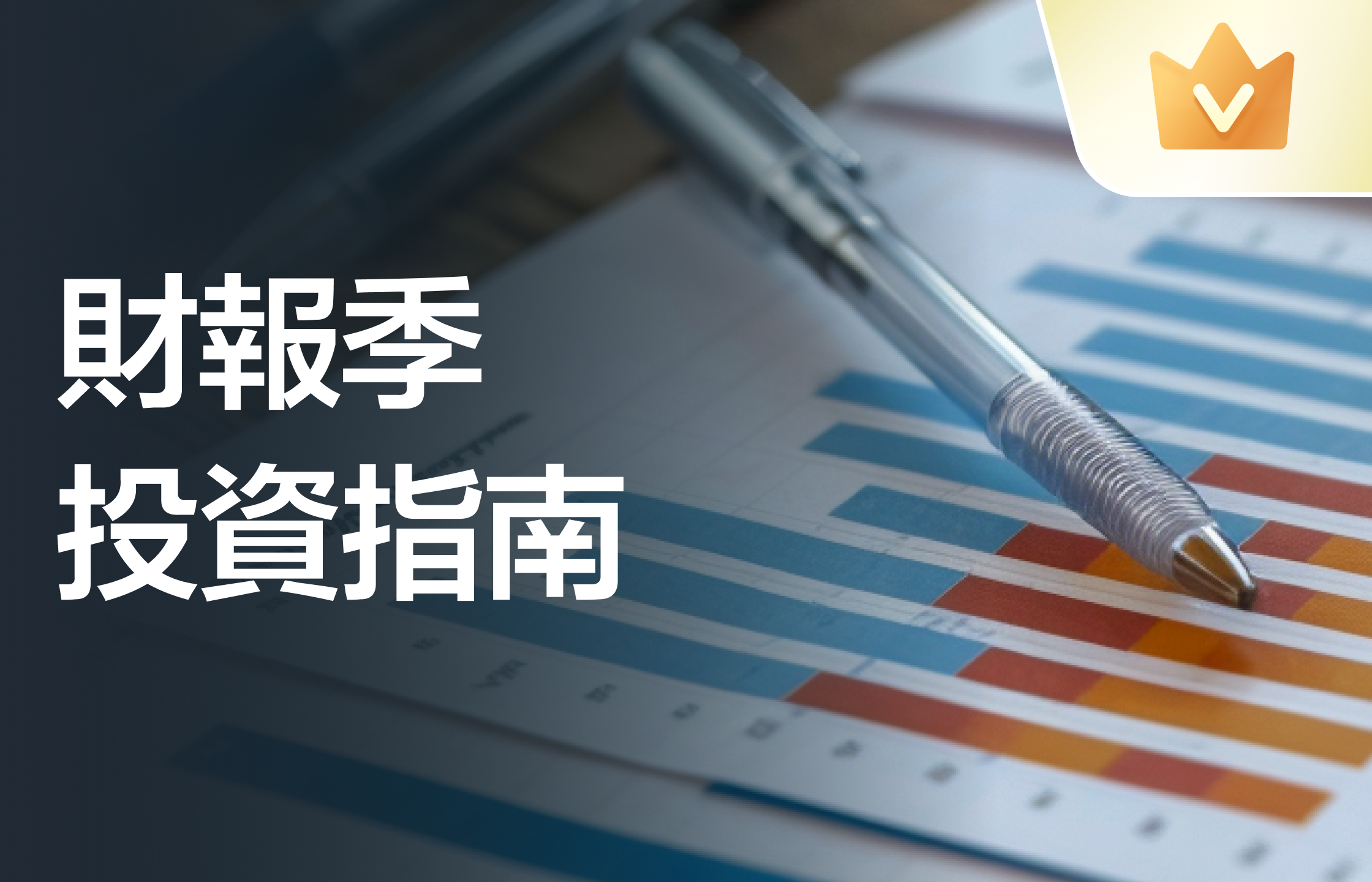Singapore Eases Monetary Policy For The First Time In 5 Years
Singapore Eases Monetary Policy For The First Time In 5 Years
The Monetary Authority of Singapore (MAS) has moved to loosen its monetary policy for the first time in nearly five years, amid expectations for slower growth and easing inflation in the year ahead.
新加坡金融管理局(MAS)在預計未來一年增長放緩和通脹減輕的背景下,首次放寬近五年的貨幣政策。
In its January monetary policy statement released on Friday (Jan 24), the central bank said it will "reduce slightly" the slope of the Singapore dollar nominal effective exchange rate (S$NEER) policy band. The width of the policy band and the level at which it is centred remained unchanged.
在1月24日發佈的貨幣政策聲明中,中央銀行表示將「略微」降低新加坡元名義有效匯率(S$NEER)政策區間的斜率。政策區間的寬度和其所處的中心水平保持不變。
"This measured adjustment is consistent with a modest and gradual appreciation path of the S$NEER policy band that will ensure medium-term price stability," the statement said, adding that it expects Singapore's growth momentum to slow this year.
聲明指出,「這種適度的調整與S$NEER政策區間的溫和且逐步升值路徑一致,這將確保中期價格穩定。」並補充說,其預計新加坡的增長勢頭將在今年放緩。
"MAS will closely monitor global and domestic economic developments, and remain vigilant to risks to inflation and growth."
MAS將密切關注全球和國內經濟的發展,並保持對通脹和增長風險的警惕。
The central bank also lowered its forecasts for core inflation this year, noting that the key gauge for consumer prices has "moderated more quickly than expected and will remain below 2 per cent this year".
中央銀行還下調了今年核心通脹的預測,指出消費價格的關鍵指標「下降得比預期更快,並將維持在2%以下」。
Core inflation, which strips out private transport and accommodation costs, is expected to average between 1 and 2 per cent in 2025, down from an initial forecast of 1.5 to 2.5 per cent.
核心通脹排除了私人交通和住宿成本,預計在2025年將平均保持在1%到2%之間,低於最初預期的1.5%到2.5%。
The revision comes a day after data showed core inflation touching a more than three-year low in December 2024. At 1.8 per cent, it was slightly lower than the 1.9 per cent in November.
修正預測是在數據顯示2024年12月核心通脹觸及三年多來的最低點後的一天。1.8%的核心通脹略低於11月的1.9%。
In its statement, it said business cost- and demand-driven inflationary pressures are expected to remain contained. Imported costs should stay "moderate" on the back of expectations for global oil prices to decline and favourable conditions in key food commodity supplies.
在聲明中表示,受業務成本和需求驅動的通脹壓力預計將保持溫和。由於對全球油價下降的預期以及主要食品商品供應的有利條件,進口成本應保持「適度」。
"While an escalation of trade frictions could be inflationary for some economies, their impact on Singapore's import prices is likely to be offset by the disinflationary drags exerted by weaker global demand," it added.
「雖然貿易摩擦的升級可能會對某些經濟體造成通貨膨脹影響,但其對新加坡進口價格的影響可能會被全球需求疲軟帶來的降通脹壓力所抵消,」它補充道。
Domestically, it expects consumer price inflation for essential services, such as public healthcare, pre-school education and public transport, to be "dampened by additional government subsidies".
在國內,它預計消費者在公共醫療、學前教育和公共運輸等基本服務上的價格通脹將「因額外的政府補貼而有所減輕」。
MAS kept its headline inflation for 2025 unchanged at a forecast range of 1.5 to 2.5 per cent, as accommodation inflation is "forecast to slow, partly offsetting an anticipated pickup in private transport inflation".
新加坡金融管理局將2025年的整體通貨膨脹預估區間保持在1.5%至2.5%不變,因爲住宿通脹「預計將放緩,部分抵消預計私人交通通脹的上升。」
譯文內容由第三人軟體翻譯。


 "MAS will closely monitor global and domestic economic developments, and remain vigilant to risks to inflation and growth."
"MAS will closely monitor global and domestic economic developments, and remain vigilant to risks to inflation and growth."






評論(0)
請選擇舉報原因